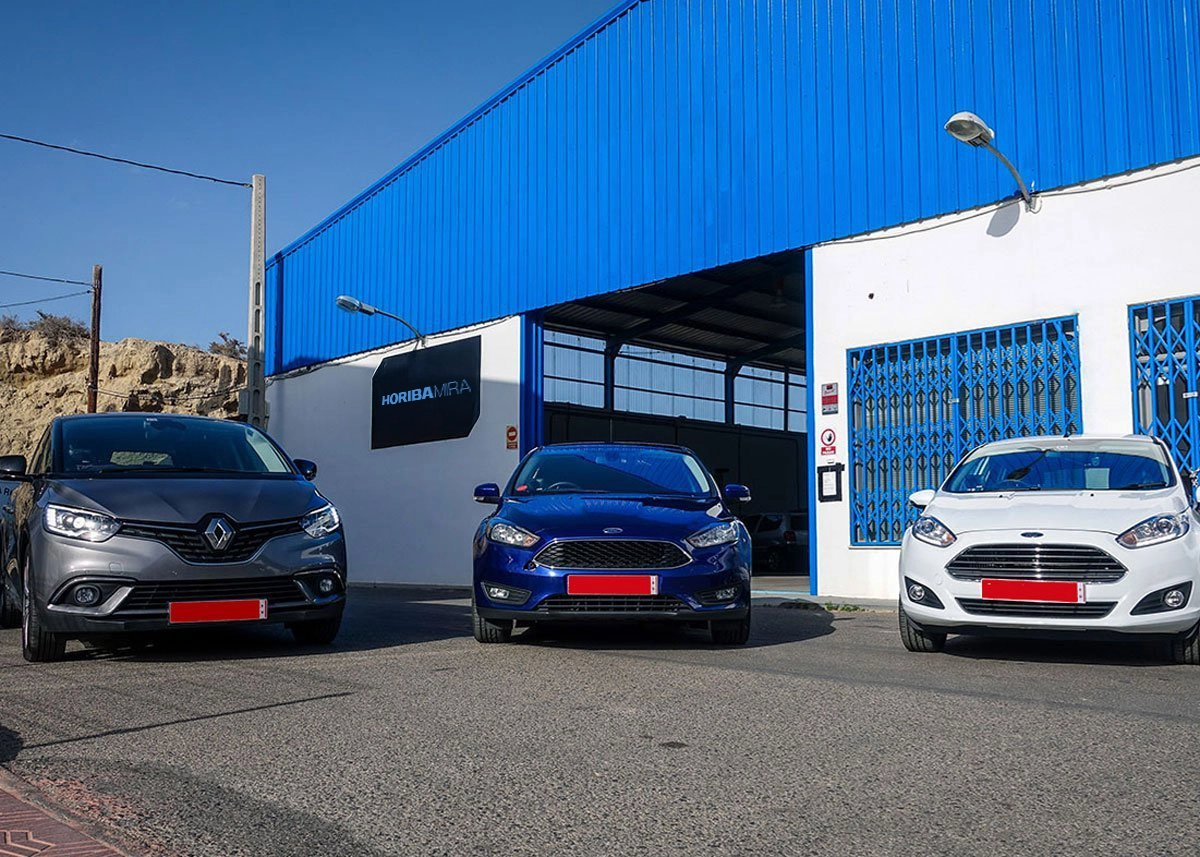Durability Testing

Vehicle durability tests are an essential part of the development and quality control processes for vehicle manufacturers.
These durability tests help manufacturers identify design weaknesses, material limitations, and potential failure points in vehicles. By simulating real-world usage and extreme conditions, manufacturers can ensure that their vehicles are built to withstand the demands of daily operation and provide reliable service to customers over an extended period.
The main types of vehicle durability tests include:
Acceleration and Performance Testing
- 0-60 mph (0-100 km/h) Acceleration Testing: Measures the time it takes for a vehicle to accelerate from 0 to a specific speed.
- Quarter-Mile Acceleration Testing: Evaluates a vehicle’s straight-line performance over a quarter-mile distance.
Road Load Data Collection
- Road Load Data Acquisition: Involves collecting data on vehicle dynamics, forces, and loads experienced during real-world driving to refine vehicle design and performance.
Durability Road Testing
- Endurance Testing: Simulates the effects of long-term use by subjecting the vehicle to continuous driving, typically for tens of thousands of miles, to identify wear and fatigue issues.
Vibration and Shock Testing
- Vibration Testing: Exposes the vehicle to controlled vibrations to assess the durability of components and systems, including suspension, chassis, and onboard electronics.
- Shock Testing: Simulates the effects of sudden impacts and rough terrain to evaluate the durability of critical vehicle components.
High-Speed Testing
- High-Speed Durability Testing: Evaluates a vehicle’s performance and stability at high speeds, including testing the engine, suspension, and aerodynamic features.
Climate and Environmental Testing
- Hot Weather Testing: Exposes the vehicle to high temperatures to assess the performance of cooling systems, air conditioning, and materials.
- Cold Weather Testing: Tests the vehicle’s performance and functionality in cold temperatures, evaluating components like the engine, battery, and heating systems.
- Humidity Testing: Assesses the impact of high humidity on various vehicle systems, including corrosion resistance.
- Salt Spray Testing: Evaluates the vehicle’s resistance to salt and corrosion by exposing it to saltwater mist.
- Dust and Sand Testing: Tests the durability of the vehicle in dusty and sandy environments to assess component wear and the effectiveness of filtration systems.
Altitude Testing
- High Altitude Testing: Measures the vehicle’s performance at high altitudes, where lower oxygen levels can affect engine performance and emissions.
Water Ingress Testing
- Waterproofing Testing: Ensures that the vehicle’s critical components, such as the electrical and electronic systems, are protected from water infiltration and can withstand heavy rain and flooding.
Corrosion Testing
- Corrosion Resistance Testing: Evaluates the vehicle’s resistance to corrosion by exposing it to corrosive environments, such as salt spray, humidity, and acidic conditions.
Material Fatigue Testing
- Material and Component Fatigue Testing: Assesses the durability of various materials and components, including suspension parts, engine components, and body structures, through repeated stress cycles.
Component Durability Testing
- Component Testing: Isolates and evaluates the durability of specific vehicle components, such as engines, transmissions, brakes, and suspension systems.
Seat and Interior Testing
- Seat Durability Testing: Assesses the durability of seats and interior components under constant use to ensure long-term comfort and safety for occupants.
Electrical and Electronics Testing
- Electrical and Electronics Durability Testing: Evaluates the reliability of electrical and electronic components, including wiring, sensors, and control modules, under various conditions and over time.
Speak to an Expert
If you would like to discuss your testing requirements with one of our experts, please send us a message and we will contact you as soon as possible.

